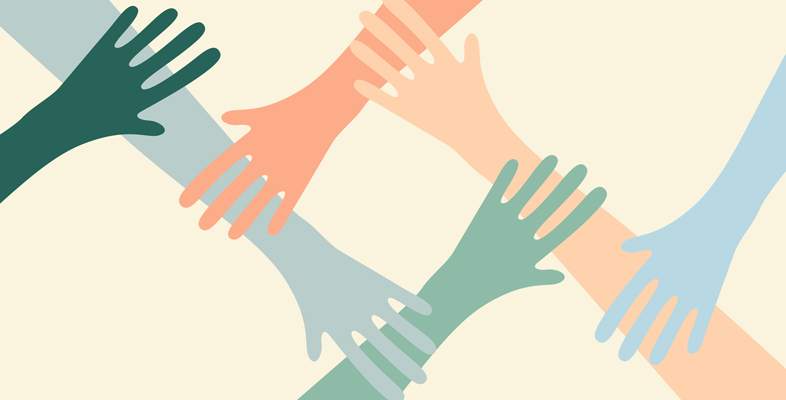2.3 Partnership
Good practice demands that work takes place on the basis of partnership. ‘Partnership’ means, as far as possible, respecting the fact that service users, their advocates, and carers and other stakeholders may have a legitimate interest in the decision-making processes that affect their lives. Sometimes there can be a legal requirement to work in partnership with service users (e.g. working with the parents of children being provided with accommodation by the local authority) and with other professionals and agencies (e.g. the police or education authorities).
The social worker is often in a position of authority: a position that is inherently powerful. For example, a social worker who is working with an adult who has mental health issues has the power to take action, which will lead to the service user being admitted to hospital against their will. It could be argued that working in partnership with service users in such a situation is more about ensuring that the service users have the opportunity to voice their views and have the necessary knowledge to hold social workers and their agency accountable if their views are not actively sought and, at the very least, taken into account.
Activity 4 Conflict and partnership
In this activity you are going to hear from Marina, a family-support worker who works with families in which the parents are drug users.
Listen to the interview with Marina and then consider the following questions.
Transcript: Audio 1 Interview with Marina
- What are the main challenges for Marina in working in partnership with children and families where the parents abuse drugs or alcohol?
- How does Marina deal with those challenges on a daily basis?
Comment
From the outset you may feel that people who use drugs and alcohol should not be allowed to look after their children. You may judge drug users negatively because of the negativity associated with addiction.
This is a challenge to working in partnership. People who are feeling judged and perhaps feel that the social worker looks down upon them may not work with that social worker, so little will be achieved. The social worker would first need to challenge their own preconceptions, and perhaps those of other professionals such as teachers or the police, about people who use drugs.
Marina also talks about the difficulties of working with such families when the parents may share information that she has a responsibility to pass on to the authorities, for example the police. Marina also talks about the conflict between her responsibility to the parents and to the child who has to be her priority.
You will have heard Marina describe how she attempts to tackle these challenges by being open and honest from the outset. Marina does this by making it clear that abusing drugs is not automatically a bar to parenting safely and successfully, but it may be, and if it is and the parent is unable to tackle their addiction, then that may lead to the child being removed from their care.
Marina explains that, for her, the key to working in partnership with families is to be honest and open from the outset about why you are there and what your responsibilities are in terms of information-sharing and the safety of the children.
